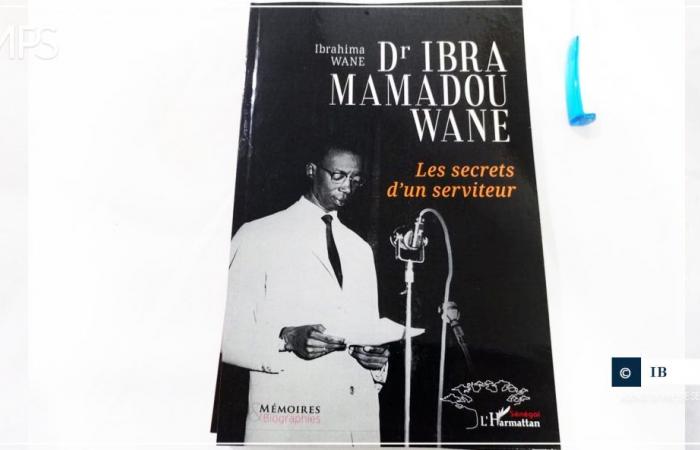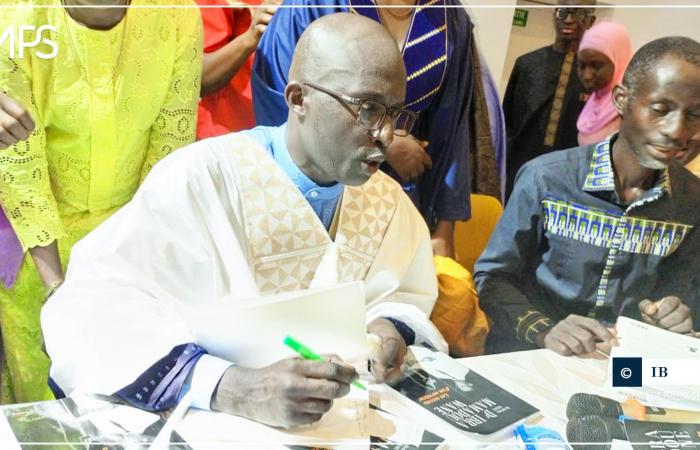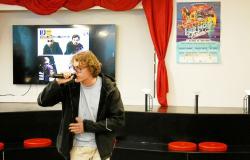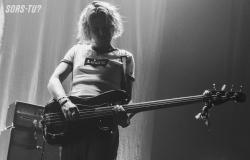Dakar, Oct 13 (APS) – The work entitled, ”Dr Ibra Mamadou Wane, the secrets of a servant”, traces the political and cultural history of Senegal and the journey of the central character Dr Ibra Mamadou Wane, a son of Fouta Toro, we learned, from its author, Professor Ibrahima Wane.
This 209-page work, published by Harmattan Senegal, is not only a tribute from a nephew to his uncle, but also a testimony retracing the journey of Dr. Ibra Mamadou Wane.
Through this book, the author restores an “important part” of the political and cultural history of Senegal.
It also traces the story of a man from Fouta Toro, whose historical adventures have “widely” resonated in West Africa.
”Through this book, I try to share my task of transmission to future generations,” he declared, during the dedication ceremony of the said work, in the presence of several dignitaries from Fouta and the Minister of National Education, Moustapha Mamba Guirassy.
Starting from the meetings of Dr Ibra Mamadou Wane, his origins, the places he frequented, the author ”tells a story much greater than that of the man he was”.
He demonstrates through this work that one should not be ”ashamed or afraid” of writing about ”oneself”, with all the ”subjectivity that is in it”.
” (…) because these scattered parts of memory construct the great story, once put together. Writing this book is not writing the story of a man. It’s writing the history of Senegal, or of West Africa, at least,” he argued.
Professor Wane emphasizes that the transmission of heritage is understood as ”acquired on a cultural, social, economic and political level”, making it possible to build a relationship with the challenge.
”For me, he maintained, it is essential to capitalize on what we have learned to better face the challenges that stand in our way”.
A work perceived as the fruit of the work of an archivist
Dr Ibrahima Lô, director of books and reading, has magnified this archivist’s work, demonstrated through the ”very precise and numerous” information in the work or the ”concern for what is well said”. ‘ of its author.
”It is pleasant because it is not simply a summary of elements which tell, which dryly tell a story. It is said to be read and you can read it straight away like you read a story,” he suggests.
Dr Lô said he was amazed by the fact that the author, Dr Ibra Mamadou Wane, was telling the story while demonstrating his beautiful writing.
”(…) we are in an era where people write well all the same. Another element that I remember from this book is the essential function (…),” he emphasizes.
”I wanted to say that this is a work that every real writer would love to write. And that all those who love good books would like to read or should read,” commented Professor Abdoulaye Elimane Kane.
The work is written in a ”very sober and very simple” manner, but at the same time in an ”extremely precise (…) manner with dates, and above all an instructive work, because we learn a lot about Doctor Ibra Mamadou Wane,” he testified.
He says he welcomes the fact that each time the author addresses one of the characters in the book, he also talks about his bibliography. This allows, according to him, to know the characters well.
” (…) which therefore makes it a rich work from the point of view of knowledge, a documented, serious, very simple work, in its image,” he continues.
The PCA of the Museum of Black Civilizations (MCN), Racine Senghor, underlines the importance of this book on this ”worthy son of Fouta, whose life is not only an example, but a model”.
”This work provides information, it teaches, it educates based on the elements that this man carries, this man who is a true heritage,” he adds.
Ibrahima Wane is a full professor of African literature and civilizations at the Cheikh Anta Diop University of Dakar (UCAD).
He is responsible for the master’s degree in African literature in the department of modern letters and director of the literary laboratory, African languages and societies of the faculty of letters and human sciences at UCAD.
AMN/SK/AB







